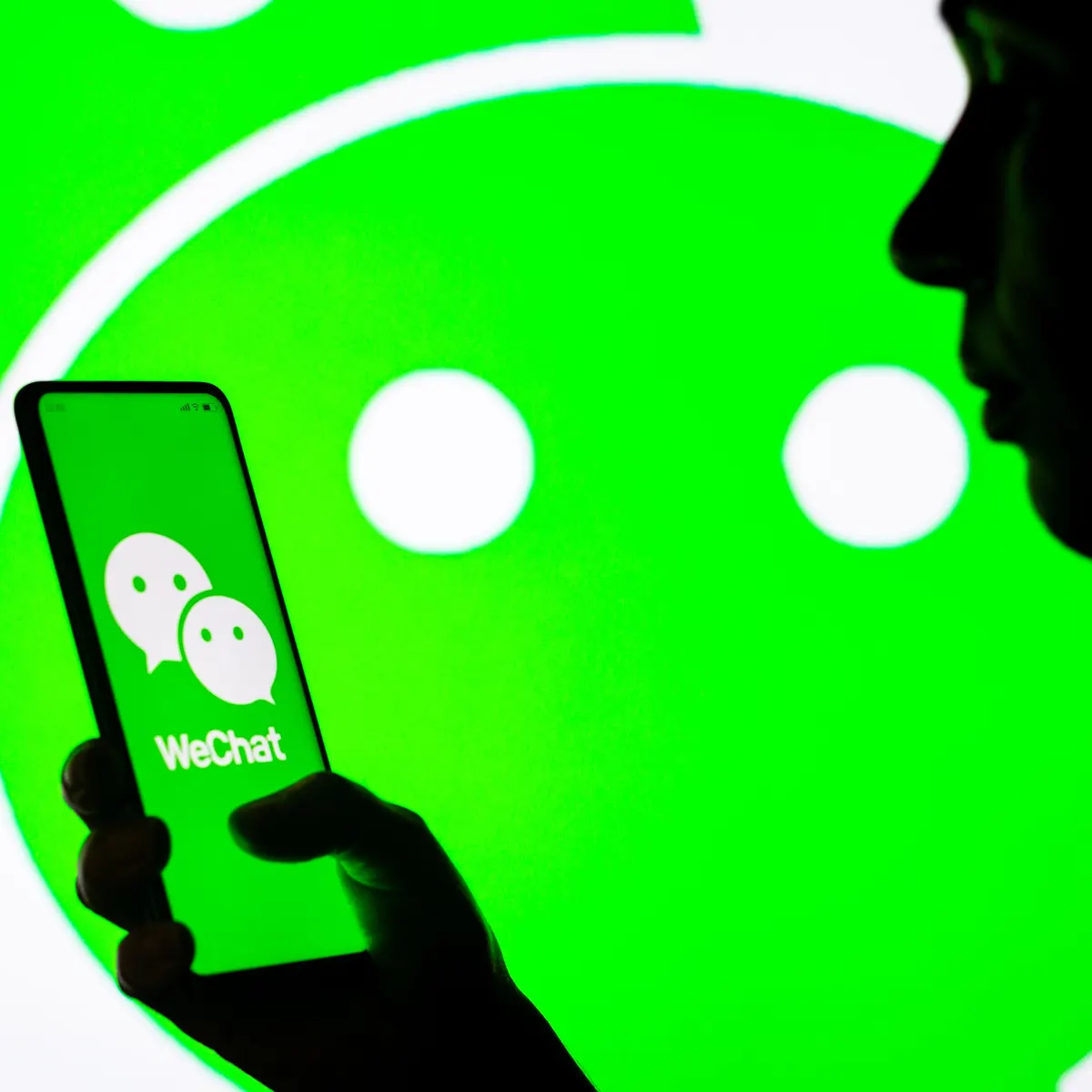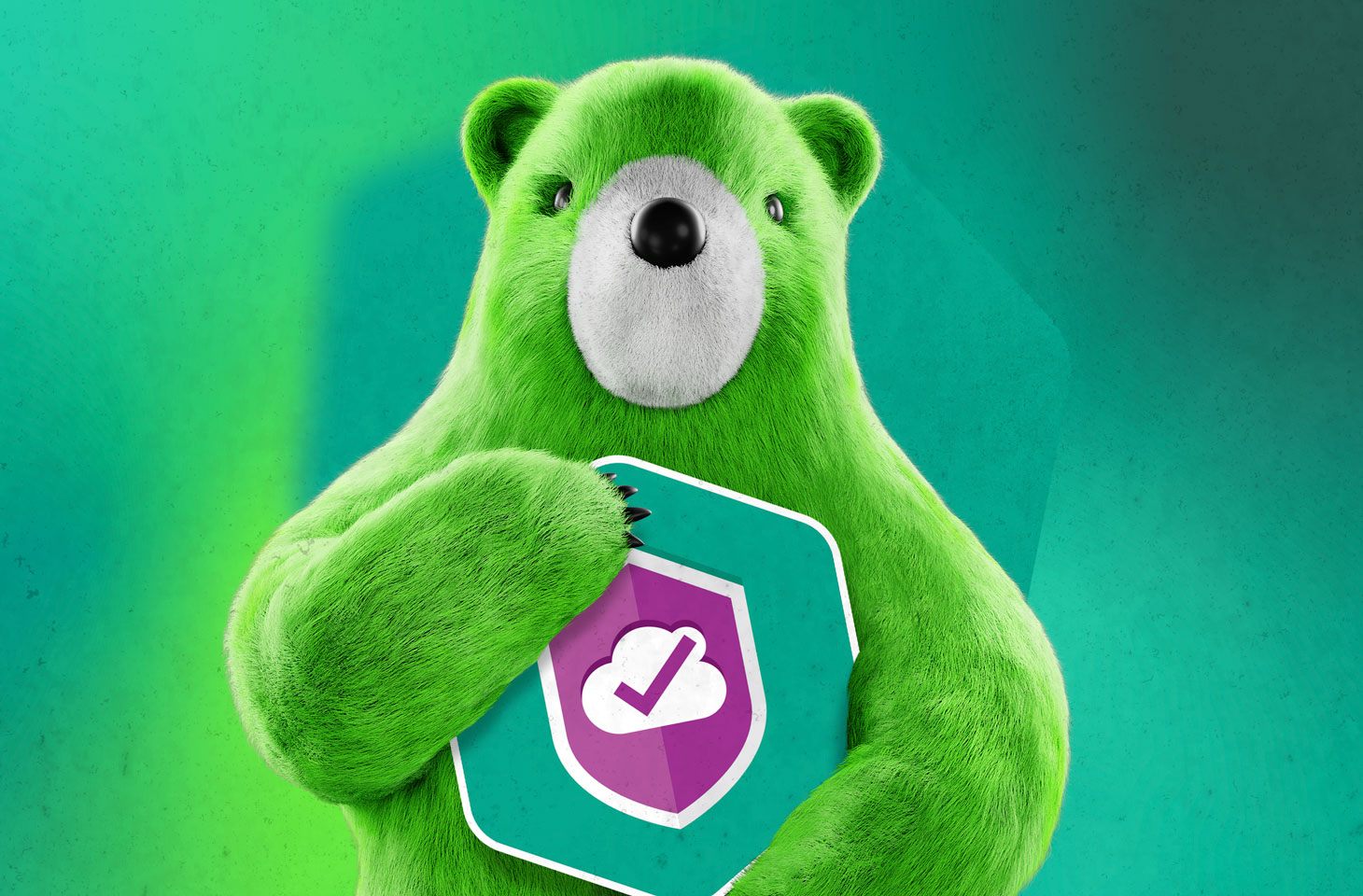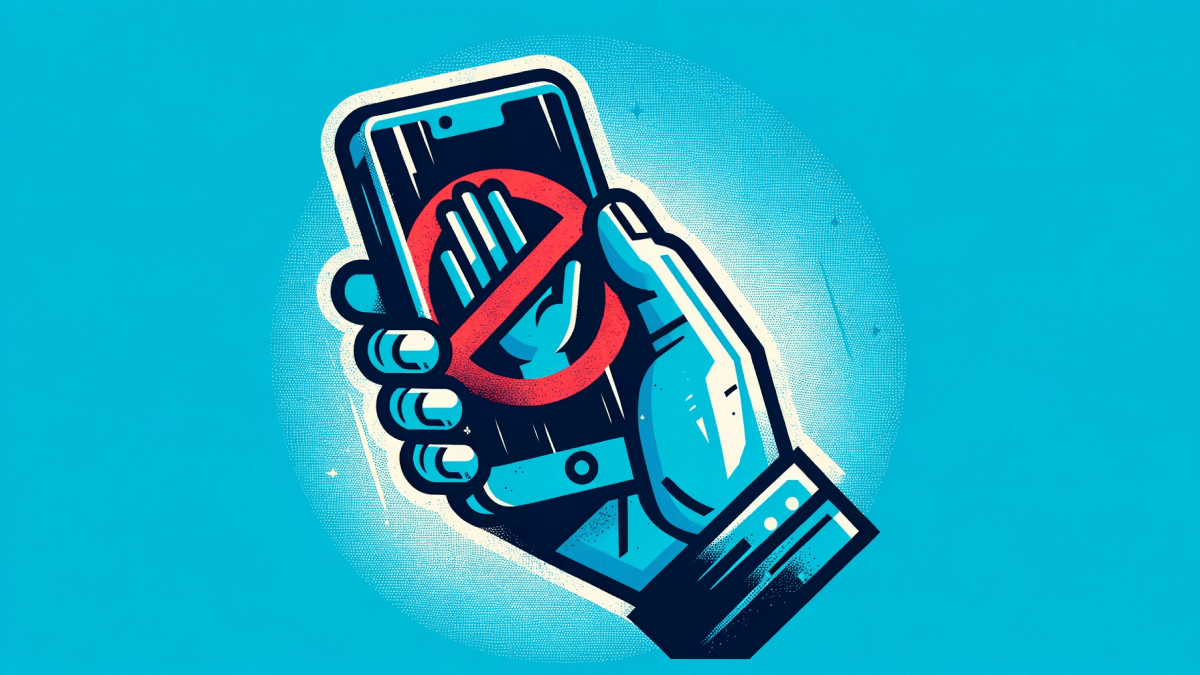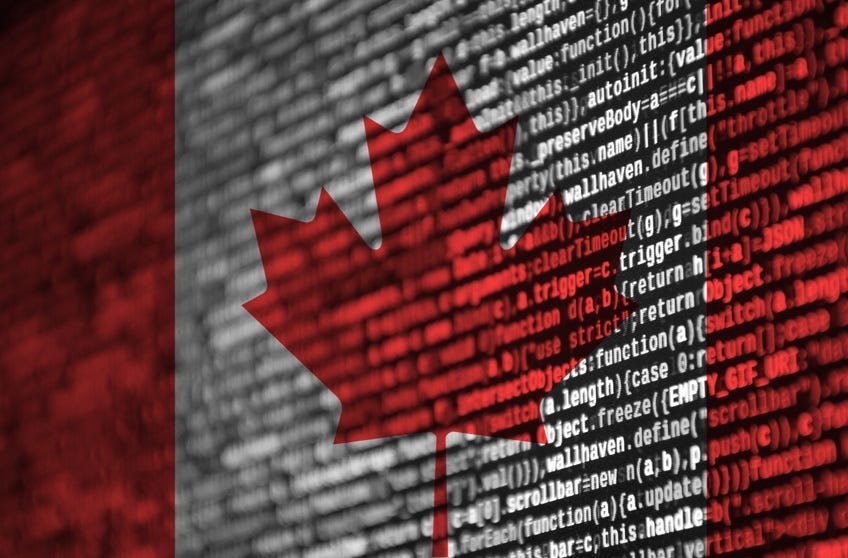Canada recently made headlines by banning the use of WeChat and Kaspersky applications on government-issued mobile devices. These bans are based on concerns about network security risks and the extent of access these apps have to device contents. While this move has certainly escalated tensions between Canada and China, as well as Russia, it is not expected to lead to a complete rupture of relations or significant retaliation.

Background on the Bans:
In October 2022, Canada initiated the ban on Tencent's WeChat for government-issued mobile phones and tablets. In October 2023, this ban was extended to include applications from Moscow-based cybersecurity firm Kaspersky Lab. The Chief Information Officer of Canada enacted these bans, citing an "unacceptable level of risk to privacy and security" posed by these apps. The concern lies in the data collection methods of WeChat and Kaspersky, which could potentially grant access to sensitive information on devices used by Canadian government employees. It's worth noting that Canada has not presented any evidence of actual data compromise from these applications, with the bans primarily aimed at preventing future cyber espionage and data access.

WeChat and Kaspersky: What You Need to Know
WeChat is often described as a multi-functional app, offering features similar to Facebook, WhatsApp, Snapchat, and PayPal. It boasts over 1 billion monthly active users, predominantly in China, where it is a ubiquitous platform offering messaging, social media, payments, e-commerce, news, and more, all in one app. On the other hand, Kaspersky Lab is a Russian cybersecurity company that provides antivirus software and endpoint security products. It competes with brands like Symantec, McAfee, and Avast, with over 400 million users worldwide and a strong presence across Europe, the Middle East, and Africa.
Why Are These Apps Seen as Risky?
Intelligence agencies have repeatedly voiced concerns that Tencent and Kaspersky could be compelled to assist in Chinese and Russian government espionage efforts and share data with state security services. Given the extensive system permissions granted to these apps, they have the capability to collect significant data from the devices they are installed on and can potentially exfiltrate this data covertly. Both China and Russia have faced allegations of using software for cyber surveillance.

China's Response to the WeChat Ban
China expressed its dissatisfaction with Canada's WeChat ban, with a Foreign Ministry spokesperson labelling it a "groundless accusation" against Chinese companies. However, China's response has been primarily diplomatic in nature, consisting of voiced displeasure through official channels. There has been no indication of substantial retaliation beyond public criticism of Canada's actions. This measured response can be attributed to China's reliance on Canadian agricultural and mineral exports, which could be jeopardized by escalating tensions over the app ban. Furthermore, given China's existing international tensions and partnerships, the country is unlikely to take unilateral actions that further isolate itself.
Russia's Reaction to the Kaspersky Ban
Kaspersky Labs dismissed Canada's ban on its software as politically motivated and lacking a technical evaluation. The company emphasized that the ban was based on unsubstantiated allegations, without any public evidence of wrongdoing on their part. This response echoes similar statements made by Kaspersky when its software faced bans in other Western countries. Moscow's response has been relatively restrained compared to China's vocal opposition. This is likely due to Russia's limited economic leverage and the numerous sanctions it already faces. Openly antagonizing Canada offers little strategic advantage given Russia's global isolation. However, further restrictions on Kaspersky's business in the West negatively impact Russia's technology expansion efforts and reinforce narratives of unfair suppression by Western governments.

Do the Bans Signify a Major Shift in Diplomatic Ties?
While the bans on WeChat and Kaspersky have increased tensions, they are unlikely to fundamentally alter Canada's diplomatic relations with China and Russia. Several factors mitigate the potential for more serious escalation:
- The bans are limited in scope to government device usage, not consumer products.
- Canada does not directly accuse China and Russia of malicious activity.
- Previous bans, such as the exclusion of Huawei from Canada's 5G network, had more significant economic impacts.
- Canada continues to cooperate with China and Russia in other areas, such as climate change.
In essence, these bans reflect a growing caution regarding Chinese and Russian technology, rather than a complete departure from engagement. While the risks associated with WeChat and Kaspersky have become a greater concern for government device security, broader foreign policy is adapting to realistic threats without severing ties with these countries.
Could the Bans Lead to Trade Retaliation?
Trade retaliation from China or Russia is unlikely due to their economic interdependencies with Canada. China relies on Canadian canola imports for vegetable oil and animal feed, while Canada depends on Chinese metal and mineral exports for technology manufacturing. Disrupting these trade relationships over app bans would have severe economic consequences for both sides. Similarly, Russia does not have a significant trade relationship with Canada to justify jeopardizing energy exports and agriculture imports over the Kaspersky ban. Tolerating limited app bans is a simpler path forward for both China and Russia, as open trade warfare would harm businesses on all sides.

Relation to Past Precautions Against Chinese and Russian Tech:
Canada's bans on WeChat and Kaspersky are part of an ongoing strategy of cautious technology decoupling from China and Russia, driven by concerns about espionage and intellectual property theft. These bans follow earlier measures:
- Ban on Huawei 5G: In 2018, Canada banned Huawei equipment in 5G network infrastructure due to data security risks.
- Kaspersky antivirus advisories: Canada's cybersecurity centre has issued warnings against using Kaspersky AV on government systems since at least 2019.
- TikTok restrictions: In 2022, TikTok was banned on government devices due to fears of data access by ByteDance's China-based team.
Each of these decisions reflects assessments by intelligence and security agencies regarding acceptable risk thresholds. These bans demonstrate a trend toward technology disentanglement driven by espionage concerns, despite some economic costs.
Could Other Countries Follow Canada's Lead?
Canada's bans could potentially encourage other countries to restrict WeChat, TikTok, Kaspersky, and other Chinese and Russian software perceived as cybersecurity risks. However, most governments are hesitant to antagonize major powers like China and Russia without the support of key allies. For instance, previous efforts to pressure China regarding TikTok lost momentum when U.S. leadership changed. Without strong international support, few countries are eager to take unilateral action.

Strained But Unbroken Relations
In summary, Canada's bans on WeChat and Kaspersky reflect strained relations with China and Russia, but experts believe they are unlikely to lead to significant retaliation or a complete break in diplomatic ties. Canada's approach, which focuses on addressing cyber risks while avoiding provocative accusations, prevents a full-blown escalation. Despite the tensions, cooperation on trade and global issues like climate change continues, as open economic warfare offers no strategic benefits for any party. These bans symbolize the growing caution towards Chinese and Russian technology but do not signal the end of diplomatic engagement. Canada's approach is one of balanced risk assessment, allowing for a nuanced approach to these relationships.
© Copyright 2023. All Rights Reserved Powered by Vygr Media.

























